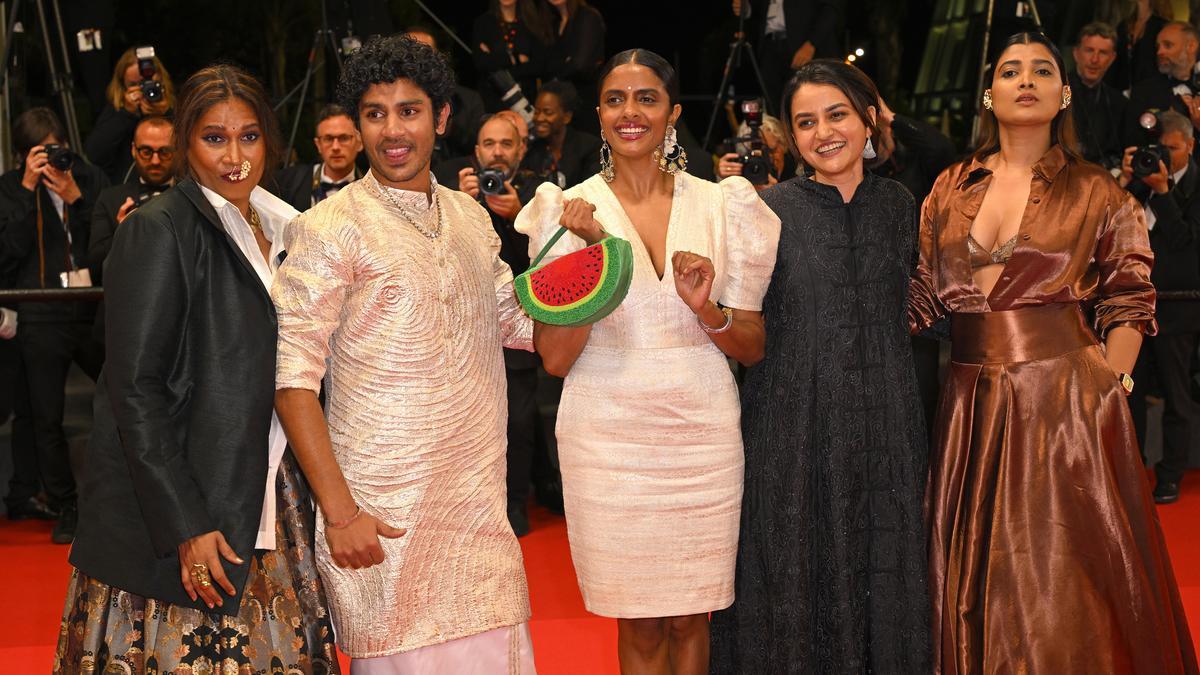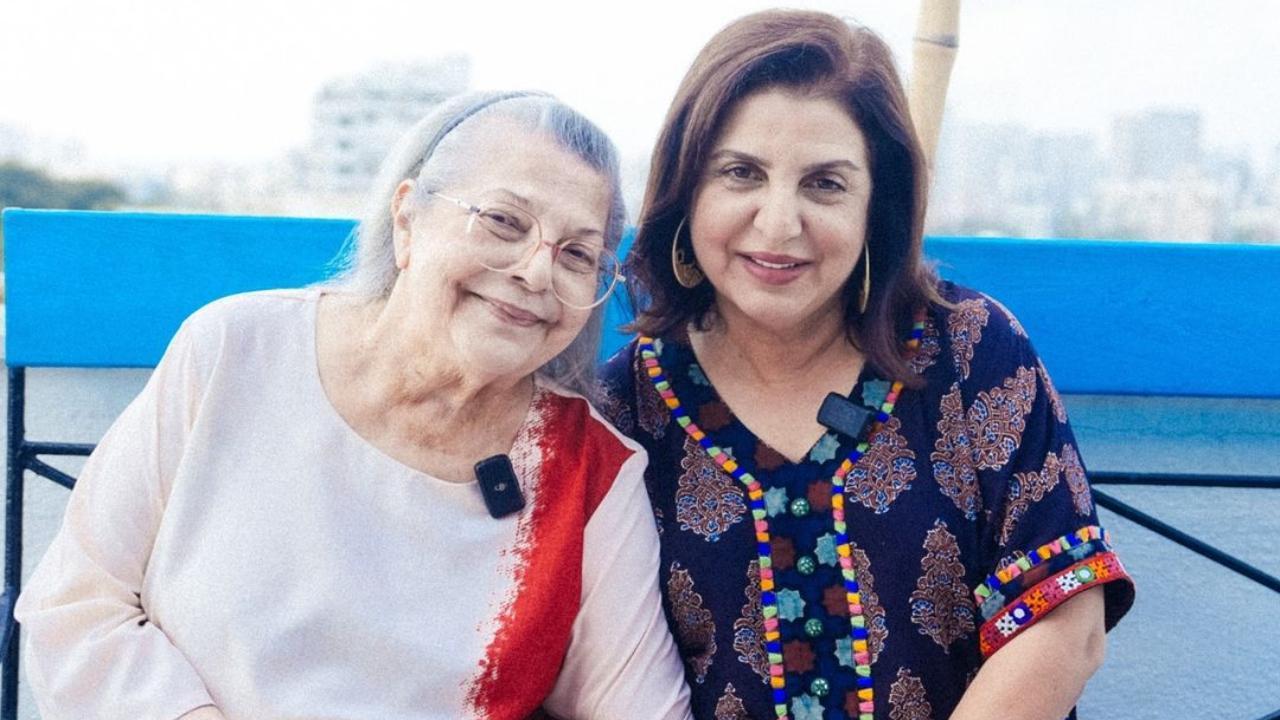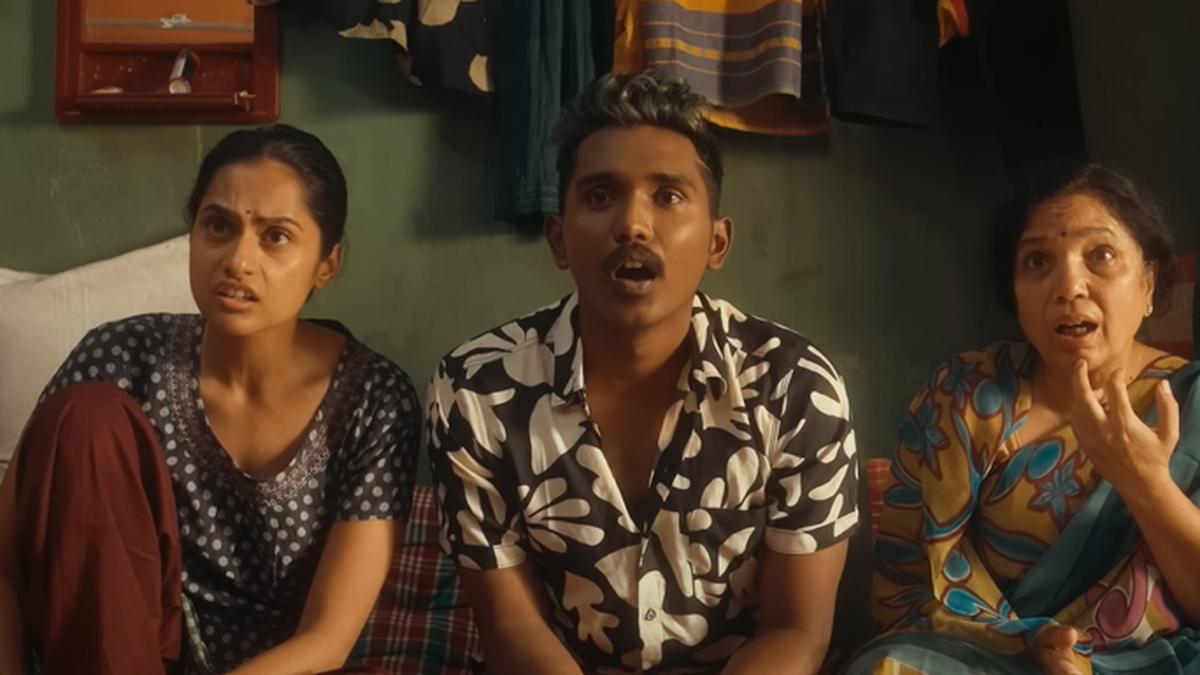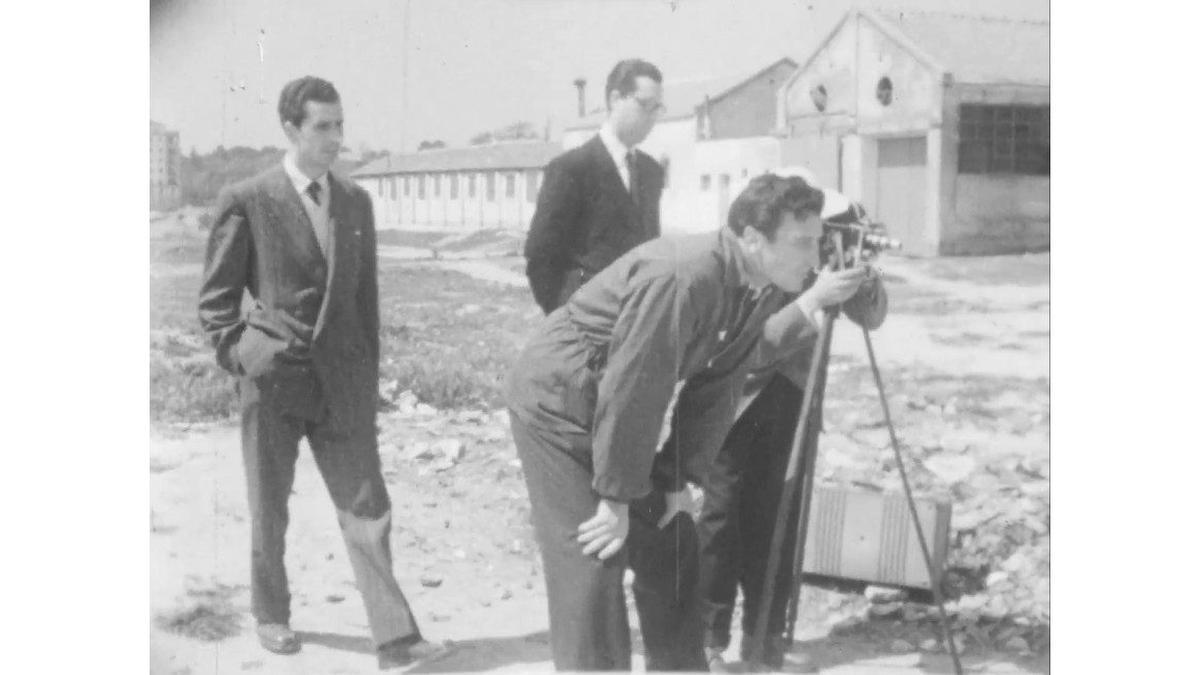
Indian actor Kani Kusruti made a powerful statement of solidarity with the victims of the ongoing conflict in Gaza as she graced the red carpet for her film “All We Imagine As Light” at the Cannes Film Festival. Kani, one of the leads in Payal Kapadia’s film which is contending for the Palme d’Or, made waves not just with her role but also with her conscious fashion choice—a handbag styled as a watermelon slice. This accessory is much more than an eye-catching style; it serves as a potent symbol of Palestinian resistance against the Israeli occupation.
The watermelon handbag Kani carried was rich with layers of symbolism. The watermelon, with its red, green, white, and black colors, echoes the colors of the Palestinian flag. During the six-day war in 1967, Israel banned displays of the Palestinian flag, leading people in Gaza to adopt the watermelon as an alternative symbol of political resistance. By choosing to showcase this emblem on one of cinema’s most glamorous and visible platforms, Kani drew attention to the ongoing plight of Palestinians, garnering widespread admiration and praise.
The image of Kani holding the vivid watermelon clutch quickly went viral, resonating deeply with people around the world. At a time when many in both Indian and Hollywood cinema circles are reticent about taking public stances on controversial issues, Kani’s bold act stood out. Her actions were lauded across social media, with many expressing their respect for her courage.
Kani Kusruti was accompanied on the red carpet by her co-stars Chhaya Kadam, Hridhu Haroon, and Divya Prabha, as well as the film’s director, Payal Kapadia. Photographs capturing the ensemble highlighted the unity among the team, each of them beaming with pride for their contribution to a film that tells an authentic and poignant story.
The striking watermelon pouch was designed by the talented Kochi-based designer Diya John, who also crafted Kani’s stunning white bodycon silk dress for the event. The design process itself became a point of interest, with John’s boutique, Salt Studio, sharing a behind-the-scenes video on social media that detailed the creation of the clutch. In a press conference following the film’s screening, Kani revealed, “I wanted something like that.
. So, I asked my friend (John) who crafted it by hand.” This additional context gave Kani’s fashion choice an even deeper personal and political significance.
In a similar act of sartorial activism, renowned Australian star Cate Blanchett previously honored the Palestinian flag through her attire at Cannes. Blanchett attended the premiere of “The Apprentice” in a sophisticated black gown with a white back and green hemwork. This ensemble, paired with the iconic red carpet itself, subtly yet unmistakably formed the colors of the Palestinian flag, echoing the themes of solidarity and resistance that Kani’s handbag also symbolized.
As for “All We Imagine as Light,” the film captivated audiences with its compelling narrative. It explores the lives of two Malayali nurses residing in Mumbai, delving deep into their personal and professional struggles. The film achieved an eight-minute standing ovation at its premiere and received rave reviews from international critics. Remarkably, this is the first Indian film in 30 years to be in contention for the Palme d’Or, the most coveted prize at the Cannes Film Festival. The profound success of the film not only spotlights Indian cinema but also elevates global conversations about representation, resilience, and human rights.
The Cannes Film Festival has long been a stage not just for cinematic excellence but also for socio-political statements and expressions. Kani Kusruti’s choice to highlight Palestinian resistance through her fashion is a testament to the power of art and culture in drawing attention to pressing global issues. Her act successfully marries the world of film with urgent political discourse, reminding us of the powerful role that artists and filmmakers can play in advocating for justice and human rights.
As the festival progresses, Kani’s gesture remains one of its most talked-about moments, serving as a poignant reminder of the ongoing conflict in Gaza and the power of individual acts of solidarity. It is clear that her red carpet choice has not only marked her place in cinematic history but also in the broader narrative of global activism.










